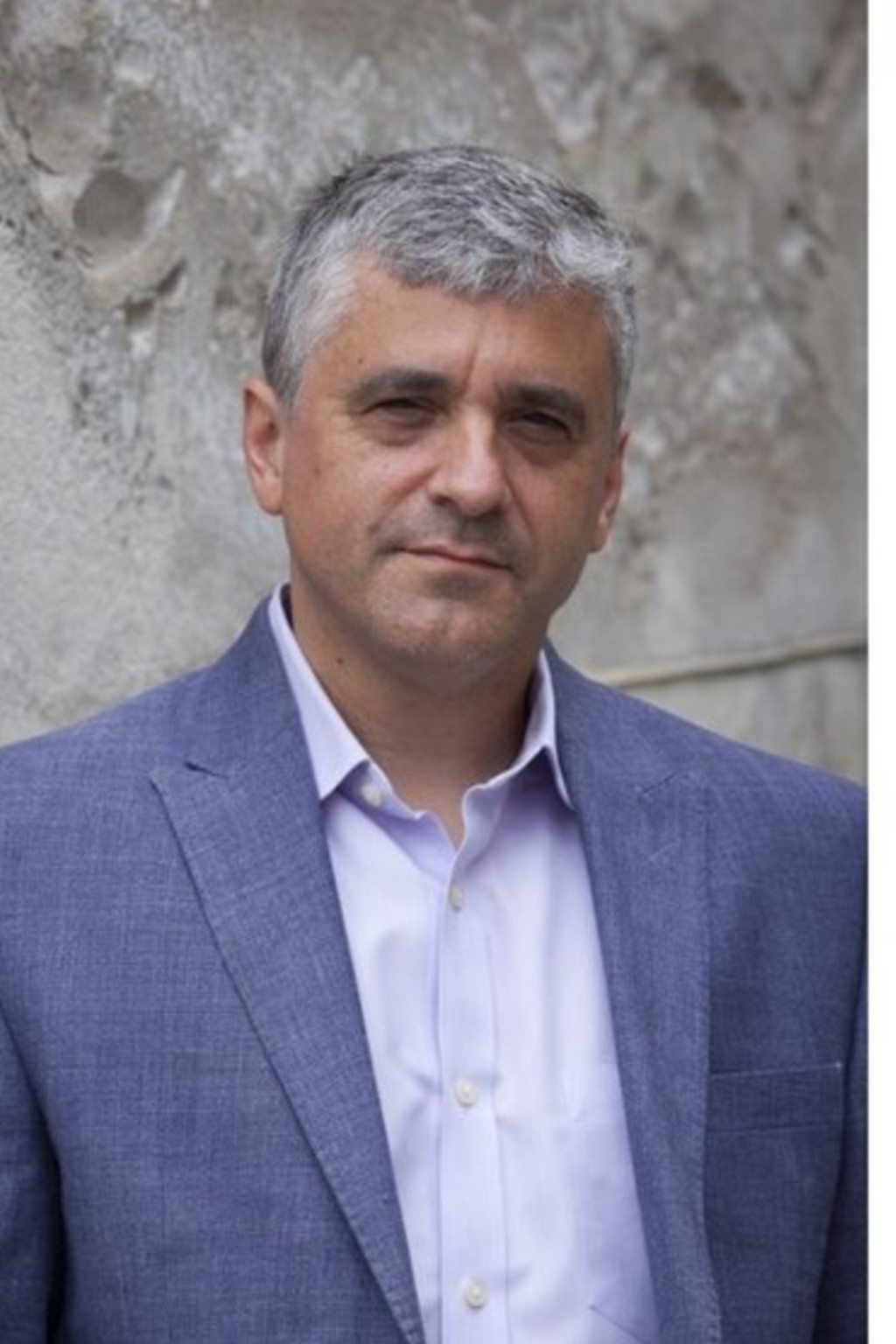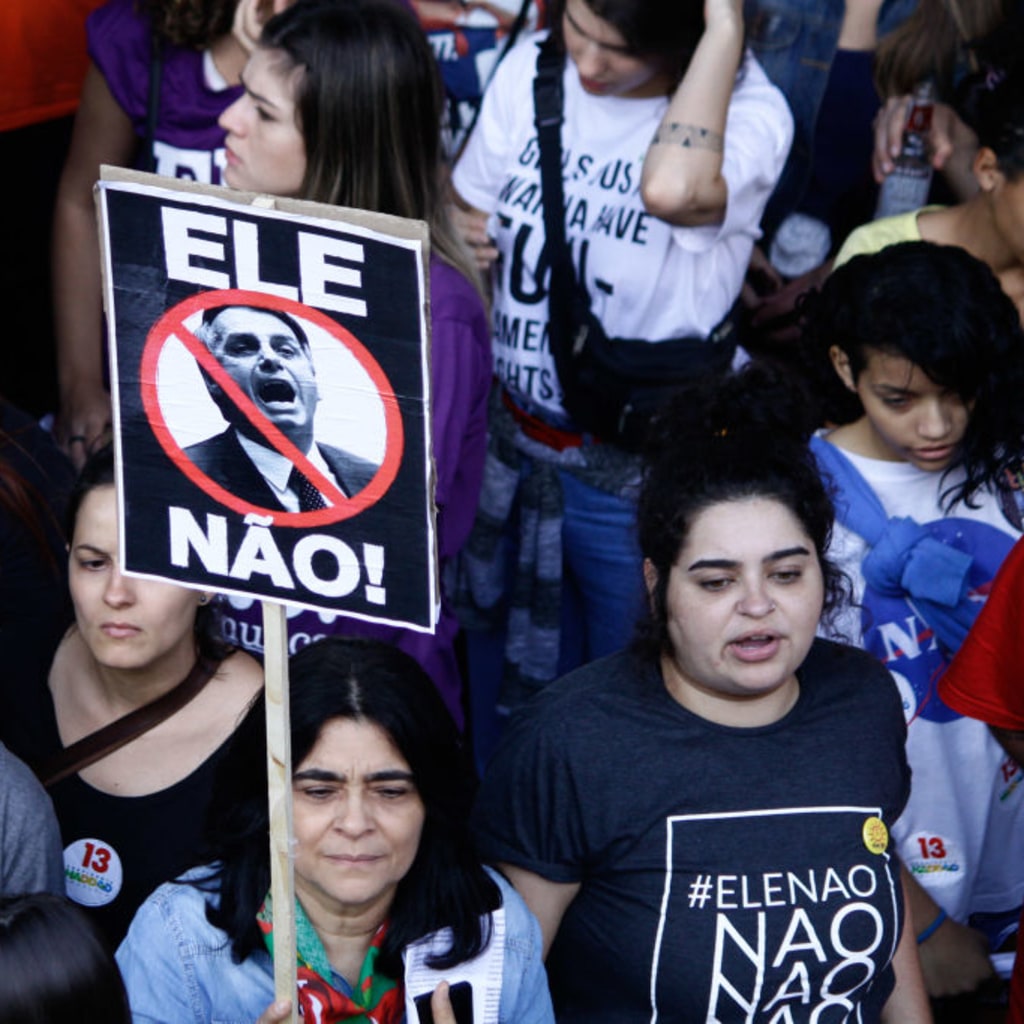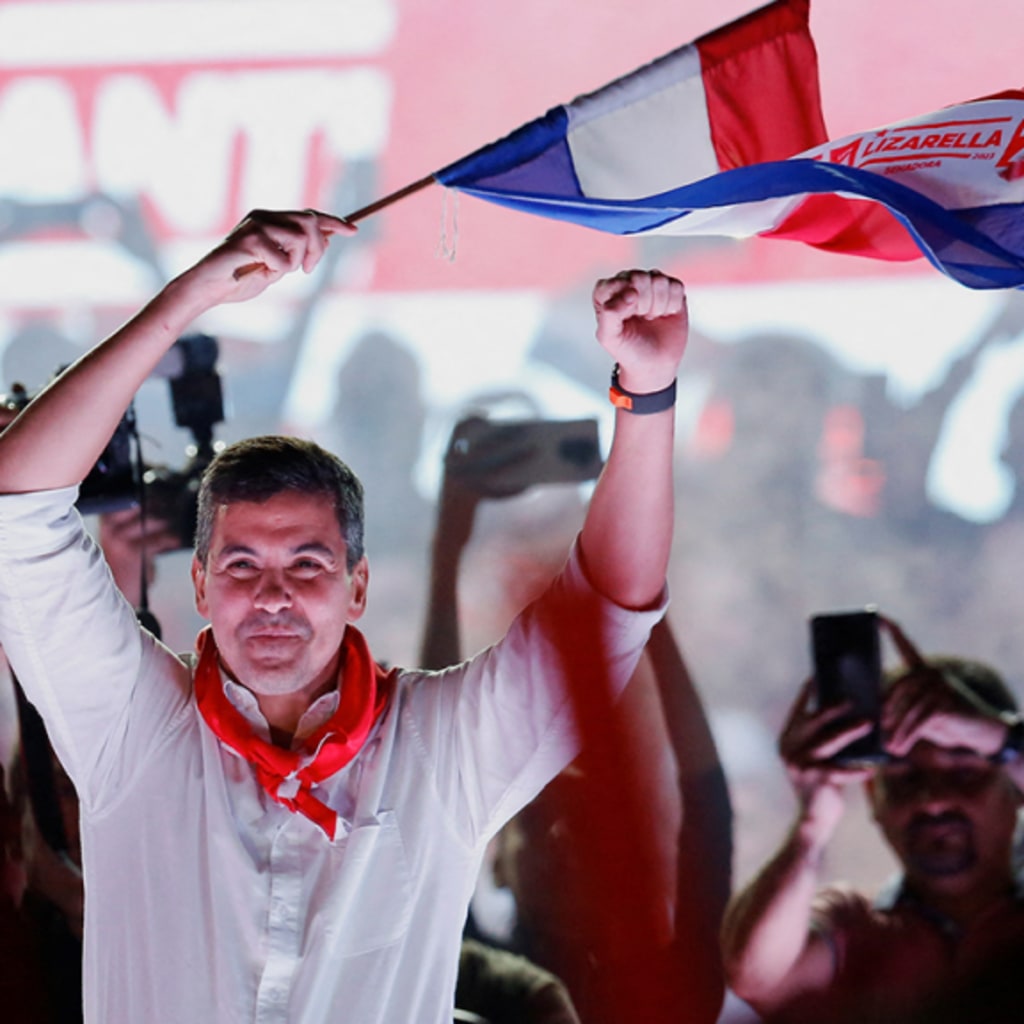
Steven Levitsky is the senior fellow for democracy at the Council on Foreign Relations (CFR). He is also currently the David Rockefeller professor of Latin American studies and professor of government at Harvard University, where he directs the work of the David Rockefeller Center for Latin American Studies.
Levitsky’s research focuses on democratization and authoritarianism, political parties, and weak and informal institutions, with a focus on Latin America. He is co-author (with Daniel Ziblatt) of How Democracies Die, which was a New York Times best-seller and has been published in thirty languages, and Tyranny of the Minority: Why American Democracy Reached the Breaking Point. He has written or edited eleven other books, including Transforming Labor-Based Parties in Latin America: Argentine Peronism in Comparative Perspective (Cambridge University Press 2003), Competitive Authoritarianism: Hybrid Regimes after the Cold War (with Lucan Way, Cambridge University Press, 2010), and Revolution and Dictatorship: The Violent Origins of Durable Authoritarianism (with Lucan Way, Princeton University Press, 2022). He and Way are now at work on a book about democratic resilience across the world.
Levitsky received a BA in political science from Stanford University and a PhD in political science from the University of California, Berkeley.

